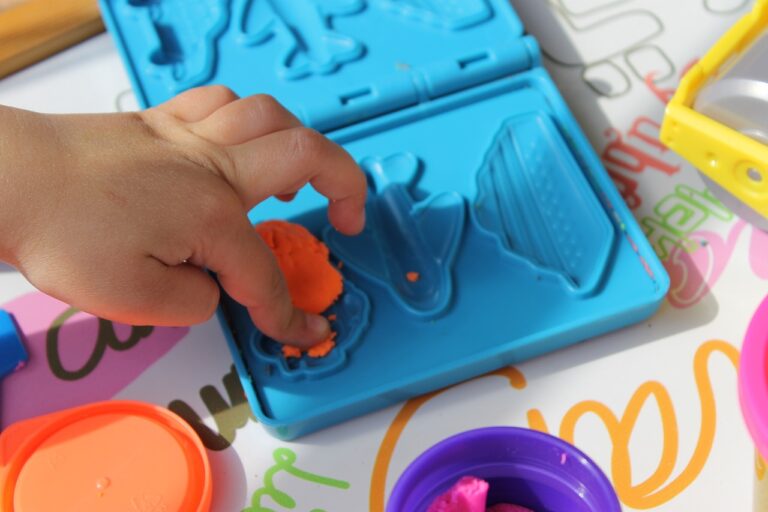Promoting Social Emotional Learning Through Virtual Reality Experiences
Virtual reality (VR) has emerged as a powerful tool in enhancing social emotional learning (SEL) by creating immersive experiences that engage individuals on a deeper level. By simulating real-life scenarios in a virtual environment, VR allows users to practice interpersonal skills and emotional regulation in a safe and controlled setting. Through interactive experiences and role-playing simulations, individuals can develop self-awareness, empathy, and conflict resolution skills.
One of the key benefits of using VR in SEL is its ability to tailor experiences to meet the diverse needs of learners. Virtual reality environments can be customized to address specific social and emotional competencies, providing learners with personalized feedback and guidance. This level of individualized learning fosters a supportive and inclusive environment for users to practice and enhance their social skills, ultimately leading to improved emotional intelligence and interpersonal relationships.
Understanding Emotional Intelligence in Virtual Reality
Emotional intelligence refers to the ability to recognize, understand, and manage both our own emotions and those of others. In the context of virtual reality, this skill can be developed and enhanced through immersive experiences that simulate various emotional scenarios. By engaging in virtual reality environments that elicit emotional responses, users are given the opportunity to practice identifying and regulating their emotions in a controlled and safe setting.
Virtual reality technology allows individuals to step into the shoes of others and experience the world from different perspectives. This unique feature of virtual reality can greatly contribute to the development of empathy, a key component of emotional intelligence. Through virtual reality experiences that encourage empathy, users may cultivate a deeper understanding of the emotions and experiences of others, ultimately fostering greater compassion and connection in both virtual and real-world interactions.
Building Empathy through Virtual Reality Experiences
Empathy is a crucial skill that helps individuals connect with others on a deeper level and understand different perspectives. Virtual reality experiences have shown promise in fostering empathy by allowing users to step into the shoes of someone else, virtually experiencing their emotions and challenges. Through immersive simulations, users can gain a better understanding of what it might feel like to walk in another person’s shoes, ultimately leading to increased compassion and empathy towards others.
By providing a firsthand perspective of diverse situations and narratives, virtual reality experiences have the potential to break down barriers and promote greater understanding among individuals from different backgrounds. These experiences can enable users to see the world from a new vantage point, encouraging them to reflect on their own biases and preconceptions. As users are transported into real-life scenarios or fictional storylines, they are prompted to consider alternative viewpoints and develop a more empathetic approach towards others in their everyday interactions.
How can virtual reality help in social emotional learning?
Virtual reality can provide immersive experiences that allow individuals to step into someone else’s shoes, helping them gain a deeper understanding of different perspectives and emotions.
What is emotional intelligence and how does virtual reality help in understanding it?
Emotional intelligence refers to the ability to recognize, understand, and manage emotions in oneself and others. Virtual reality can help individuals practice empathy and emotional awareness by putting them in realistic scenarios where they can interact with different emotions.
Can virtual reality experiences truly help in building empathy?
Yes, virtual reality experiences can help individuals build empathy by allowing them to see the world through another person’s eyes, fostering a greater sense of understanding and connection with others.
Are there any potential drawbacks to using virtual reality for building empathy?
While virtual reality can be a powerful tool for building empathy, it is important to remember that it is still a simulated experience and may not fully capture the complexities of real-life interactions. It is essential to supplement virtual reality experiences with real-world interactions and reflection to maximize the benefits of empathy building.





